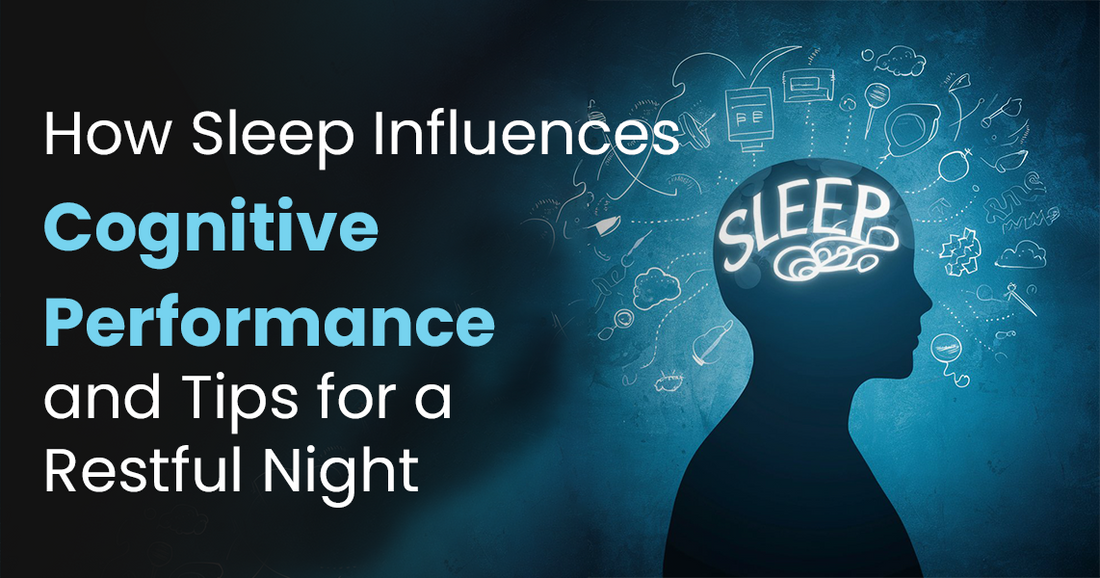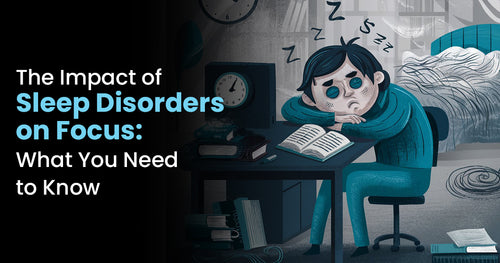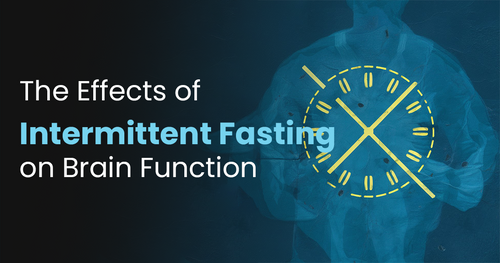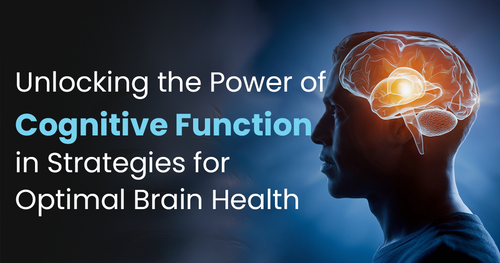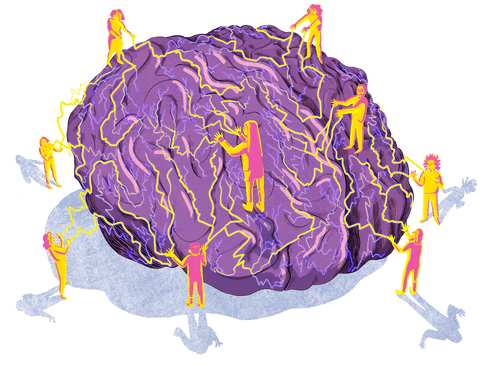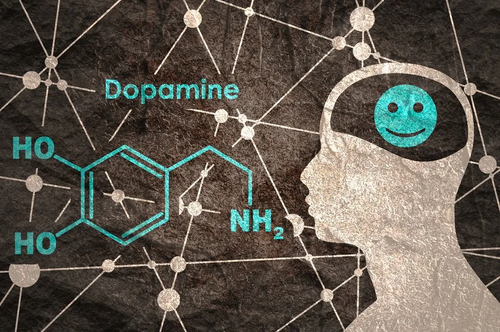Sleep is a fundamental aspect of human health, impacting various bodily functions, including cognitive performance. Cognitive functions such as memory, attention, decision-making, and problem-solving are significantly influenced by the quality and quantity of sleep. Understanding the connection between sleep and cognitive performance can help in optimizing both mental and physical well-being. Additionally, adopting effective strategies for a good night's sleep can enhance overall quality of life.
The Link Between Sleep and Cognitive Function
- Memory Consolidation: Sleep plays a crucial role in consolidating memories. During sleep, particularly in the deep sleep stages and REM (Rapid Eye Movement) sleep, the brain processes and stores information gathered throughout the day. This process helps in transferring information from short-term to long-term memory. Lack of sleep can hinder this process, leading to forgetfulness and difficulty in learning new information source.
- Attention and Focus: Adequate sleep is essential for maintaining attention and focus. Sleep deprivation impairs the brain’s ability to concentrate and sustain attention over extended periods. This can result in decreased productivity, increased errors, and impaired judgment. Studies have shown that even moderate sleep deprivation can negatively impact cognitive tasks requiring sustained attention.
- Problem-Solving and Creativity: Creative thinking and problem-solving skills are also affected by sleep. During REM sleep, the brain engages in processes that enhance creative thinking and the ability to solve complex problems. Insufficient sleep can stifle creativity and limit one’s ability to approach problems from different perspectives.
- Emotional Regulation: Sleep is vital for emotional regulation. A well-rested brain is better equipped to handle stress and maintain a positive mood. Conversely, sleep deprivation can lead to increased irritability, mood swings, and a heightened risk of mental health issues such as anxiety and depression.
Tips for a Restful Night’s Sleep
Given the significant impact of sleep on cognitive function, it is essential to adopt practices that promote quality sleep. Here are some tips to ensure a good night's sleep:
- Establish a Consistent Sleep Schedule: Going to bed and waking up at the same time every day helps regulate the body’s internal clock, making it easier to fall asleep and wake up naturally. Consistency reinforces the sleep-wake cycle and improves the quality of sleep.
- Create a Sleep-Conducive Environment: Your sleep environment plays a significant role in the quality of sleep. Ensure your bedroom is dark, quiet, and cool. Consider using blackout curtains, earplugs, or a white noise machine if needed. A comfortable mattress and pillows also contribute to better sleep quality.
- Limit Exposure to Screens Before Bedtime: The blue light emitted by phones, tablets, and computers can interfere with the production of melatonin, the hormone responsible for regulating sleep. Try to avoid screens at least an hour before bedtime. Instead, engage in relaxing activities such as reading a book or taking a warm bath.
- Watch Your Diet and Caffeine Intake: Avoid large meals, caffeine, and alcohol close to bedtime. These can disrupt sleep patterns and affect the quality of sleep. Opt for light snacks if you’re hungry before bed, and choose herbal teas or warm milk over caffeinated beverages.
- Incorporate Relaxation Techniques: Relaxation techniques such as deep breathing, meditation, and progressive muscle relaxation can help calm the mind and prepare the body for sleep. Incorporating these practices into your bedtime routine can improve sleep onset and quality.
- Stay Active During the Day: Regular physical activity can promote better sleep. Exercise helps regulate the body’s internal clock and can reduce symptoms of insomnia. However, try to avoid vigorous exercise close to bedtime, as it may have a stimulating effect.
Conclusion
The profound impact of sleep on cognitive function underscores the importance of prioritizing good sleep hygiene. By understanding how sleep affects memory, attention, problem-solving, and emotional regulation, we can take proactive steps to improve our sleep habits. Implementing these tips can lead to a more restful night’s sleep, ultimately enhancing cognitive performance and overall well-being.
By making sleep a priority, we can unlock our full cognitive potential and lead healthier, more productive lives.
Focus Elixir: Unlock your mental clarity and productivity with Focus Elixir. This natural supplement is formulated with a blend of powerful nootropics and adaptogens designed to enhance cognitive function, improve concentration, and boost energy levels. Perfect for students, professionals, and anyone looking to sharpen their mind and stay focused throughout the day. Experience the benefits of heightened mental performance and sustained focus with every dose of Focus Elixir.

